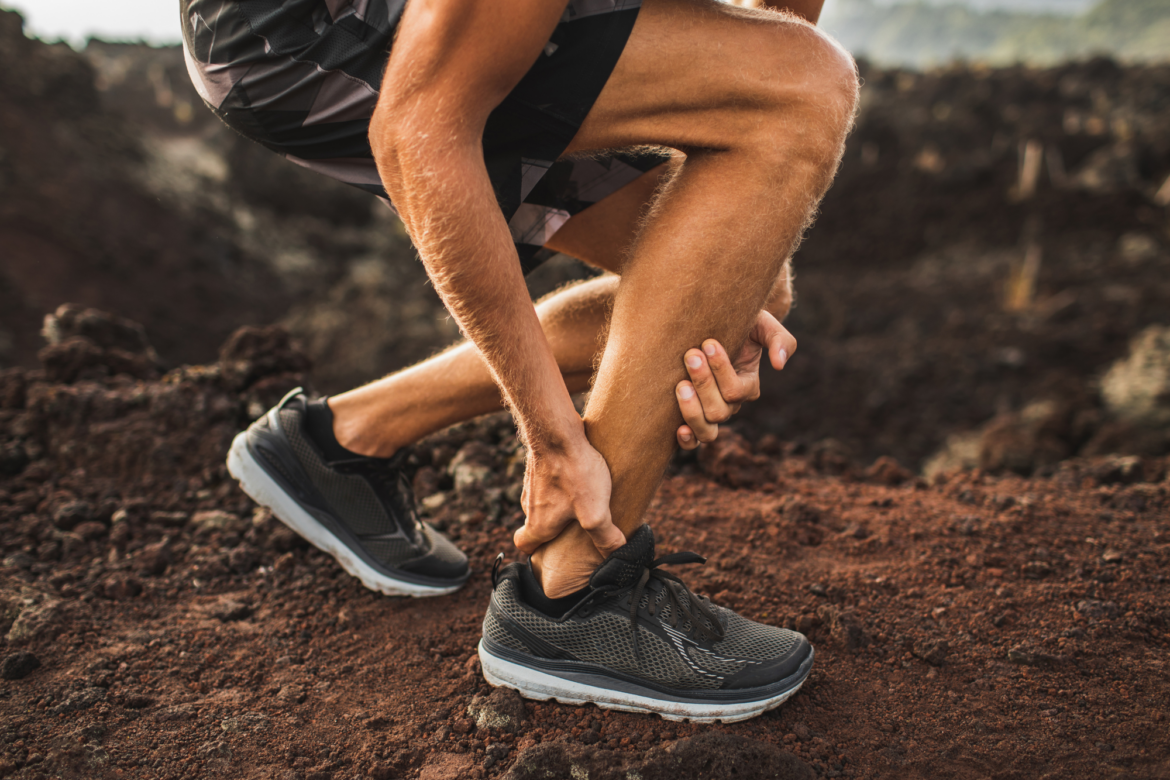How Do I know if I Have Achilles Tendinitis?
What is Achilles Tendinitis?
Achilles tendinitis is characterized by pain in the Achilles tendon or the thick cord on the back of your ankle. The Achilles tendon attaches your calf muscles to your heel bone. Achilles tendinitis may also create pain on the heel bone itself where the tendon inserts. Tendinitis is an acute inflammation of a tendon. Inflammation can create swelling, warmth, and/or pain, all of which are common symptoms of Achilles tendinitis. Other common symptoms include tightness/stiffness in the heel, pain when initially walking after sitting, pain in the heel that is worse in the mornings, pain after activity or exercise, or pain with stairs. When you have Achilles tendinitis, it is typically painful to stretch your calf or raise your toes while standing. In this blog, we will answer, How do I know if I have Achilles Tendinitis?
How does Achilles Tendinitis occur?
Achilles tendinitis is caused by excessive stress placed on the tendon. It often occurs after a sudden increase in activity or with repetitive activities. Examples may include an increase in running mileage, beginning a new sport or exercise routine, or participating in a sport that requires a lot of jumping. These activities can create inflammation of the tendon tissue and result in the symptoms described above.
When should I seek treatment?
Seek treatment if your pain is persistent, significantly impacting your function, or causing a change in the way you walk or perform activity. A physical therapist can assess your foot/ankle for an accurate diagnosis of your injury and determine the best treatment route for you. If symptoms are severe or you cannot walk, you may have an Achilles tendon tear or rupture. A tear is a partial separation of the tendon from the bone whereas a rupture is a complete separation of the tendon from the bone. It is wise to see a doctor/orthopedist if you suspect you have ruptured your Achilles as this often requires surgery and time in a boot.
What kind of treatments are out there?
Physical therapy treatment typically includes exercises to stretch and strengthen the calf musculature, Achilles tendon, and other surrounding muscles. A PT will assess if your joints or muscles need to be worked on with massage or mobilizations. They may look at the way you walk and move to determine if your foot positioning or mechanics contributed to your injury. Often ice, relative rest, and compression are recommended for a tendinitis injury. Shockwave therapy is another treatment utilized to promote the body’s natural healing process.
NSAIDs, or non-steroidal anti-inflammatory drugs, such as ibuprofen are often recommended with a tendinitis injury to decrease the inflammation in the body and improve pain levels.
What can happen if I do not seek treatment for Achilles Tendinitis?
Tendinitis can progress to tendinosis if not appropriately treated. Tendinosis is a degeneration, or breakdown of tissue. It can lead to chronic pain in a tendon with activity. Seeking early and appropriate treatment can help prevent a worsening of your Achilles injury.


Achilles tendinitis is characterized by pain in the Achilles tendon, the thick cord at the back of the ankle that connects calf muscles to the heel bone. Common symptoms include heel pain, swelling, stiffness, and discomfort during activities like walking or running. It typically results from overuse, sudden increases in physical activity, or repetitive movements. Seeking treatment is advisable when pain persists, significantly affects daily function, or alters walking patterns. Physical therapy is a common approach, involving exercises to stretch and strengthen the calf and Achilles, along with potential massage and joint work. Untreated tendinitis can progress to tendinosis, causing chronic pain, emphasizing the importance of early intervention.